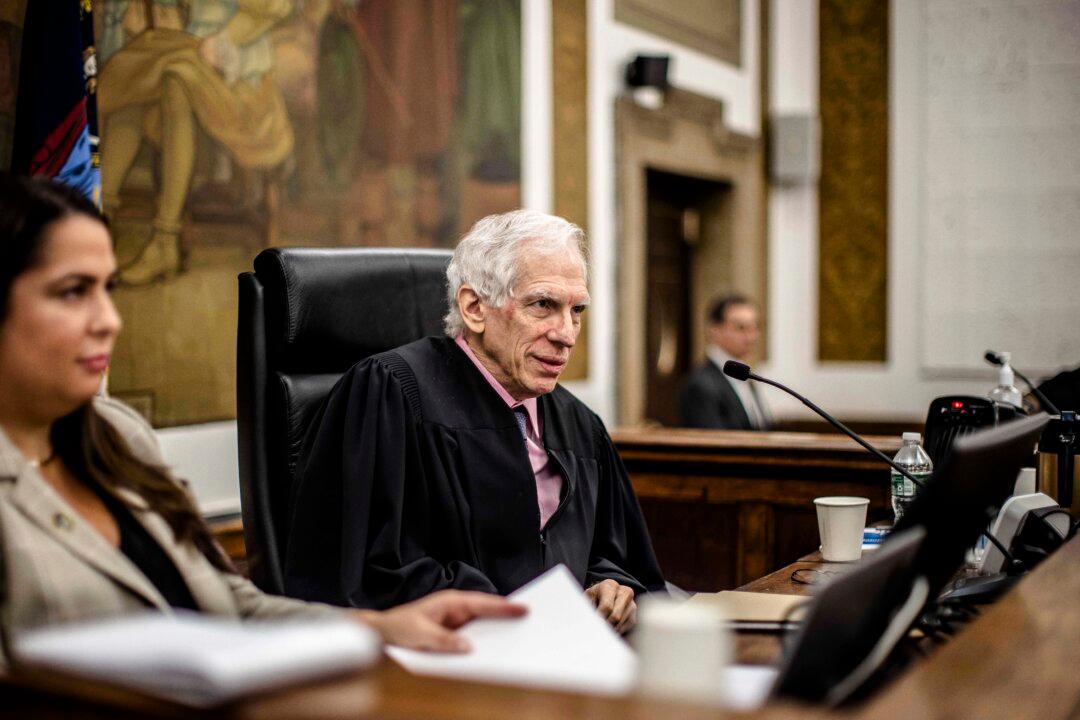New York Supreme Court Justice Arthur Engoron on July 26 denied a motion to recuse himself from former President Donald Trump’s civil fraud case after allegations that his final judgment, which included a $454 million fine, was influenced by a third party attorney.
“I did not consult Bailey, and I certainly do not consider him an expert on Executive Law § 63(12),” Justice Engoron wrote in his order, referring to real estate attorney Adam Leitman Bailey.





